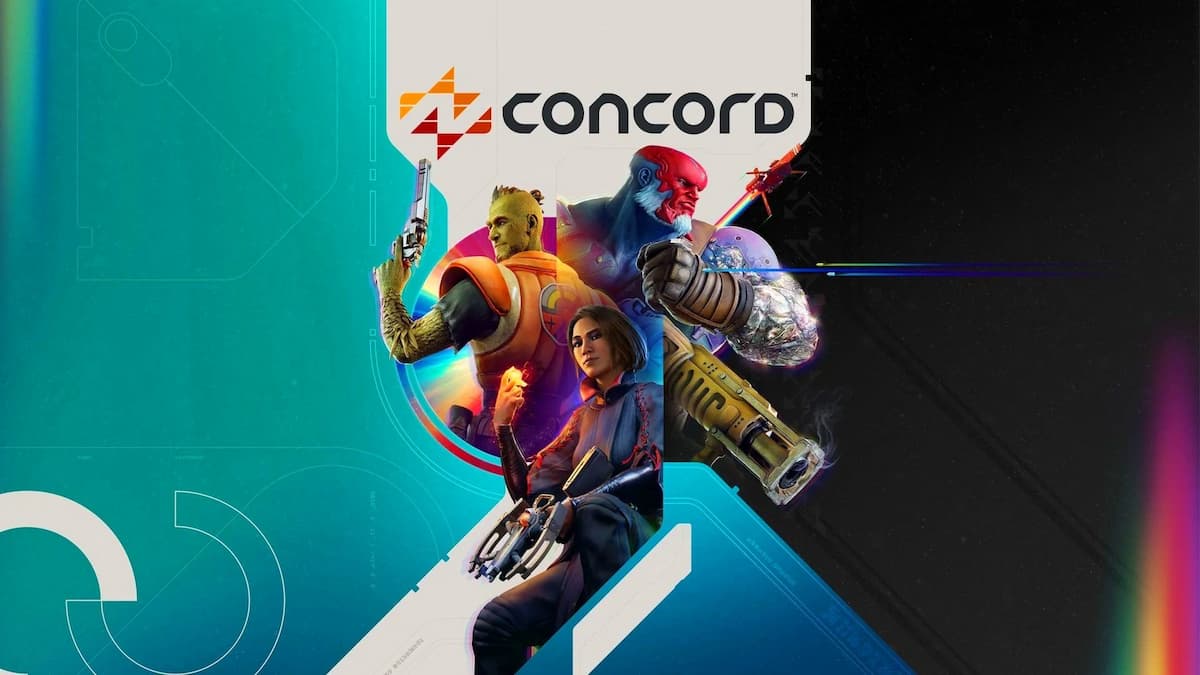How ‘Concord’ ended up failing so spectacularly on every level

On May 30, 2024, PlayStation kicked off its substitute E3 State of Play stream with a long cinematic for Concord, a then-upcoming live service hero shooter game. From the tone of the presentation, it was clear that Sony expected Concord to be a huge deal, its reception rapturous. The reality was starkly different.
Viewers were genuinely confused by why they were supposed to be excited for Concord. It was a hero shooter releasing well after the peak popular interest in hero shooters. What’s more, the cinematic borrowed with eyebrow-raised obviousness from the characters of Guardians of the Galaxy. With Marvel fatigue on the rise, that’s two trends on whose goodwill the game was clearly banking, both of whose ships had sailed.
That presentation portended what was to come upon the game’s release on August 23—a release that flopped so badly, Concord will go into the history books for all the wrong reasons. It’s a tragic tale, because by all review counts, Firewalk Studios didn’t make a bad game—its critic score on Metacritic is 62/100. Not good, but also, not awful.
Concord‘s rollout wasn’t a Cyberpunk 2077. It wasn’t broken or riddled with glitches. If anything, after a jaw-droppingly long eight-year development cycle, Concord was too polished. If it had been allowed to live and experiment, Concord could likely have found some footing. Instead, someone, somewhere (probably in an executive suite) made horrible decisions, during development and now.
The historic failure of Concord
Sony clearly expected Concord to be a huge hit, a big new IP for PlayStation to rest its laurels on. Instead, its release was historically unfortunate. Concord debuted to only 697 concurrent players on Steam. By contrast, Suicide Squad: Kill the Justice League—a game that Warner Bros. later denounced as a flop—debuted to 12,786 concurrent players.
Concord is estimated to have only sold around 25,000 copies. For an indie game, that would be wonderful. But Sony spent eight years and untold millions of dollars on Concord. The rollout was tragic, and I’m not using that word lightly.
As a result, on September 6—just a week and a half after its release—Sony announced that Concord was getting pulled from stores. It will no longer be listed on the PlayStation store or online. All players will be refunded. Concord will no longer be playable by the end of that week, leaving the game’s fans to sprint through their attempts to earn platinum in the game.
In a statement, Sony said it would “explore options.”
What the hell happened?
The games industry is in a rough spot. Except for Nintendo, almost every major game company—Sony included—has been laying off workers en masse. In 2023 and 2024 combined, the total number of layoffs is over 20,000. There are a lot of reasons for the layoffs—corporate consolidation, interest rates, etc.—but one issue studios and reporters alike keep coming back to is the unsustainable cost of producing a AAA game.
Last year, Sony’s Spider-Man 2 was a hit. As of February, it’s sold over 10 million copies. It also cost $300 million to make, meaning that the game was not immediately profitable, even though it was a hit.
Sony has not disclosed how much it spent on Concord‘s development, but the number is assuredly in the tens or even hundreds of millions. But Concord was also made by a Sony subsidiary, Firewalk Studios. One’s heart starts to sink when imagining not only what kind of precedent Concord‘s failure will set, but what will happen to Firewalk from here.
There are specific reasons why Concord failed, and very few of them lay the blame on Firewalk. For one, as Matt Kim writes incisively for IGN, its eight-year development cycle was just too damn long. It was surely greenlit as a response to the original Overwatch, and yet it came out two years after Overwatch 2, when that game’s numbers were in active decline. Concord is a game meant to capitalize on gaming world trends, and yet its development was so long, the relevancy of those trends had shrunk significantly by the time of its release.
IGN reporter Rebekah Valentine talked to experts and sussed out other reasons for Concord‘s failure, too. Sony’s marketing for the game had a lot to be desired. The game’s price ($40 for the standard edition) was too high, especially when players could just jump on Fortnite for free.
But most of all, Concord released in a field already overcrowded with live service games. For all the above reasons, it was already down for the count. Throw that into a pond with Apex Legends and Fortnite and League of Legends and Destiny 2, and it’ll just sink. Helldivers 2 managed to swim upon its release earlier this year, but there was an obvious point of differentiation to the game that happened to resonate with players at the specific time of its release. (“DEMOCRACY!!!!”)
How AAA games are developed, produced, and sold needs to be drastically reimagined. It would sure be lovely if developers took the right lessons from this debacle.
Have a tip we should know? tips@themarysue.com